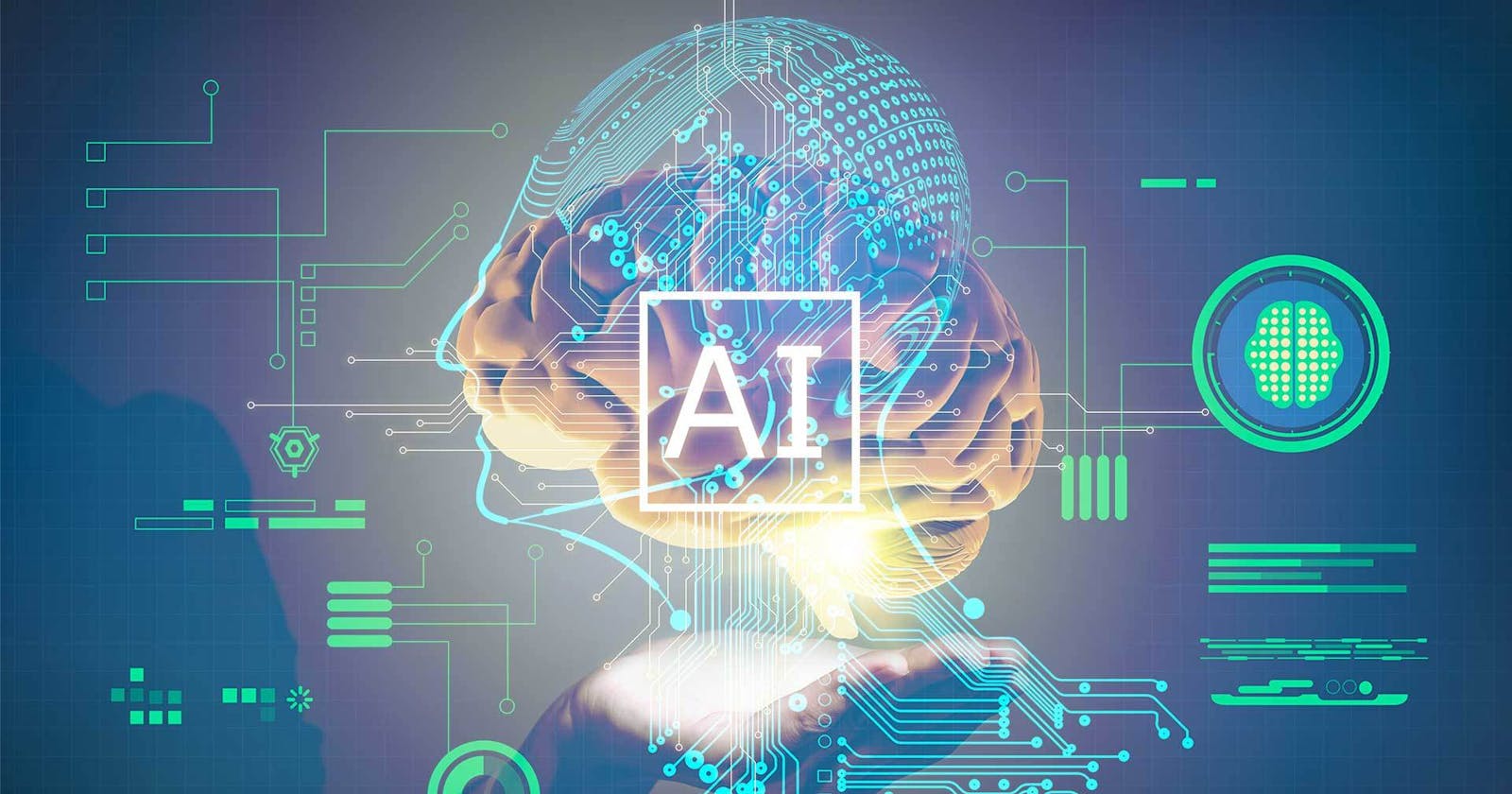Unlock the Potential of Artificial Intelligence: How AI Will Transform Our Future
Evidence of artificial intelligence has existed for centuries, but it hasn't until recently that computers have gained the power to actually think for themselves. Artificial intelligence will soon become an integral part of our daily lives as it becomes integrated into our homes, our cars, and our workplaces. Artificial intelligence (AI) is transforming our world, from healthcare to finance and beyond. It is no longer a distant future concept, it is a viable technology that is quickly becoming mainstream. In this blog, we will explore what Al is, its potential benefits, and how it is being used in different industries. We will also look at the challenges and ethical considerations of Al.
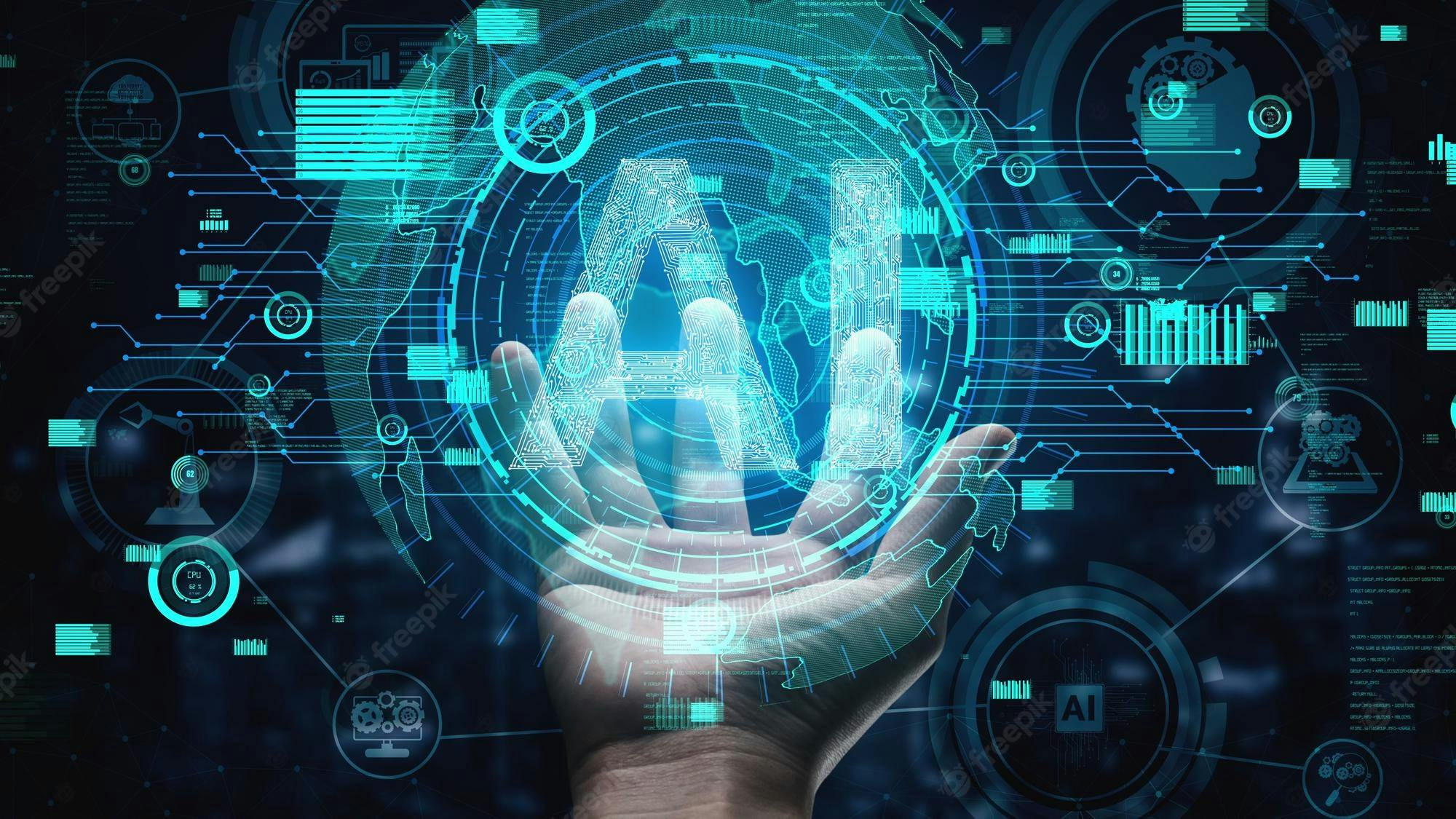
What is Artificial Intelligence?
Artificial intelligence (AI) is a type of computer science that seeks to replicate the cognitive functioning of the human brain. AI systems can take in large amounts of data, draw conclusions, and make decisions based on their analysis. AI can be applied to a wide range of tasks, from analyzing medical images to recognizing patterns in financial markets. At its core, AI is a combination of machine learning and natural language processing. Machine learning is a type of AI that enables computers to learn from data without explicit programming. Natural language processing is a field of computer science that focuses on understanding and processing human language. By combining these two technologies, AI can be used to solve complex problems and automate many tasks. Today, AI is being used in many different industries. For example, AI can be used to automate customer service, diagnose medical conditions, and even assist with personal finance decisions. While AI’s potential applications are vast, it is important to remember that AI is still in its infancy. As we continue to develop and refine AI technologies, their potential applications will continue to grow.
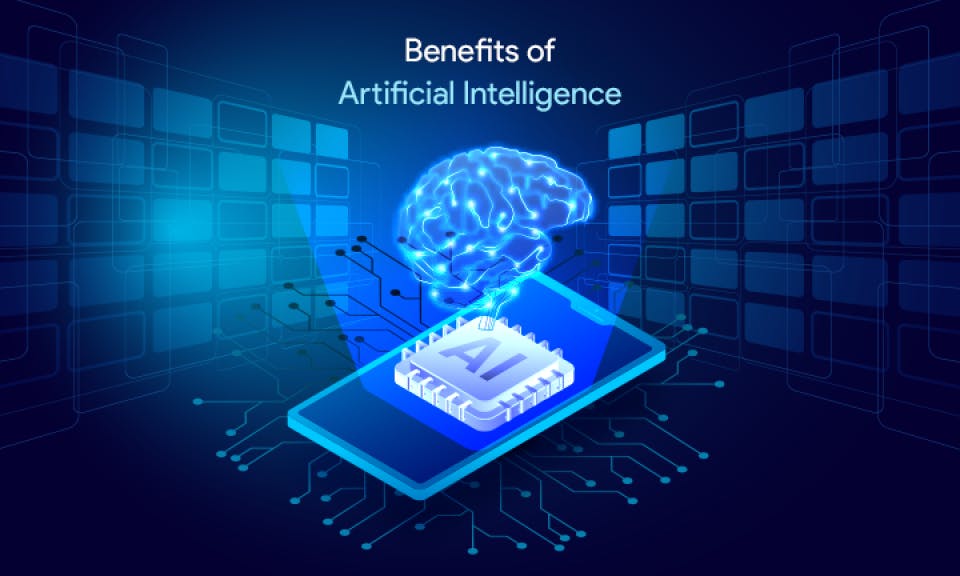
AI Technology and Its Potential Benefits
AI technology has the potential to revolutionize many industries. By automating tedious tasks and providing more accurate data analysis, AI can help businesses become more efficient and cost-effective. AI can also help to reduce human error and increase accuracy in tasks that would otherwise be difficult or impossible for humans to accomplish. AI can also be used to improve customer service. By using natural language processing, AI can understand customer queries and provide accurate and timely responses. This can help businesses save money by reducing the need for customer service staff. Finally, AI has the potential to revolutionize healthcare. AI-powered medical imaging can help doctors diagnose medical conditions more quickly and accurately. AI can also be used to track patient data and monitor their health over time. By utilizing AI, healthcare providers can improve patient outcomes and reduce healthcare costs.
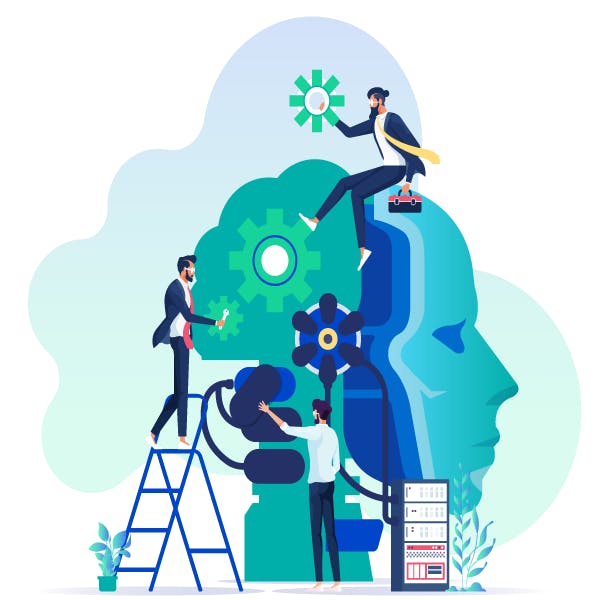
AI Applications Across Industries
AI is being used in a variety of industries, from finance to manufacturing. In finance, AI can be used to identify trends in the stock market and provide investment advice. AI can also be used to detect fraud and money laundering. In manufacturing, AI can be used to automate the production process. AI can also be used to monitor equipment and predict when maintenance is needed. This can help reduce downtime and improve safety. AI is also being used in the transportation industry. AI-powered autonomous vehicles are being developed to reduce traffic congestion and improve safety. AI can also be used to optimize routing and delivery times. In the retail industry, AI can be used to analyze customer data and provide personalized recommendations. This can help businesses increase sales and improve customer satisfaction.
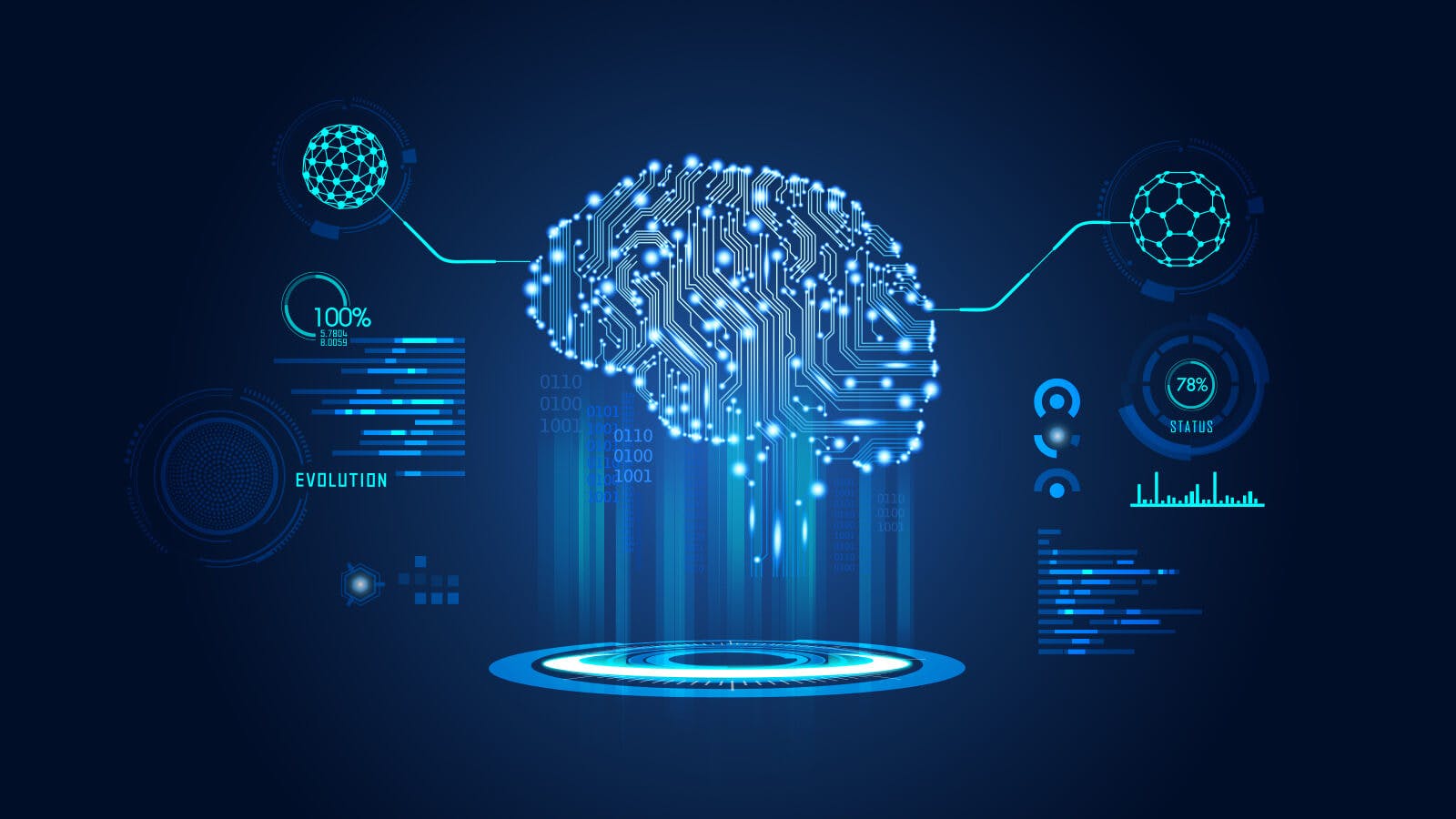
AI and Machine Learning
AI and machine learning are closely related fields. AI is the broader concept that encompasses machine learning and other technologies. Machine learning is a type of AI that focuses on teaching computers to learn from data without explicit programming. Machine learning algorithms can be used to identify patterns in data and make predictions. For example, a machine learning algorithm can be used to predict a customer’s next purchase based on their past behavior. Machine learning can also be used to detect fraud and money laundering.
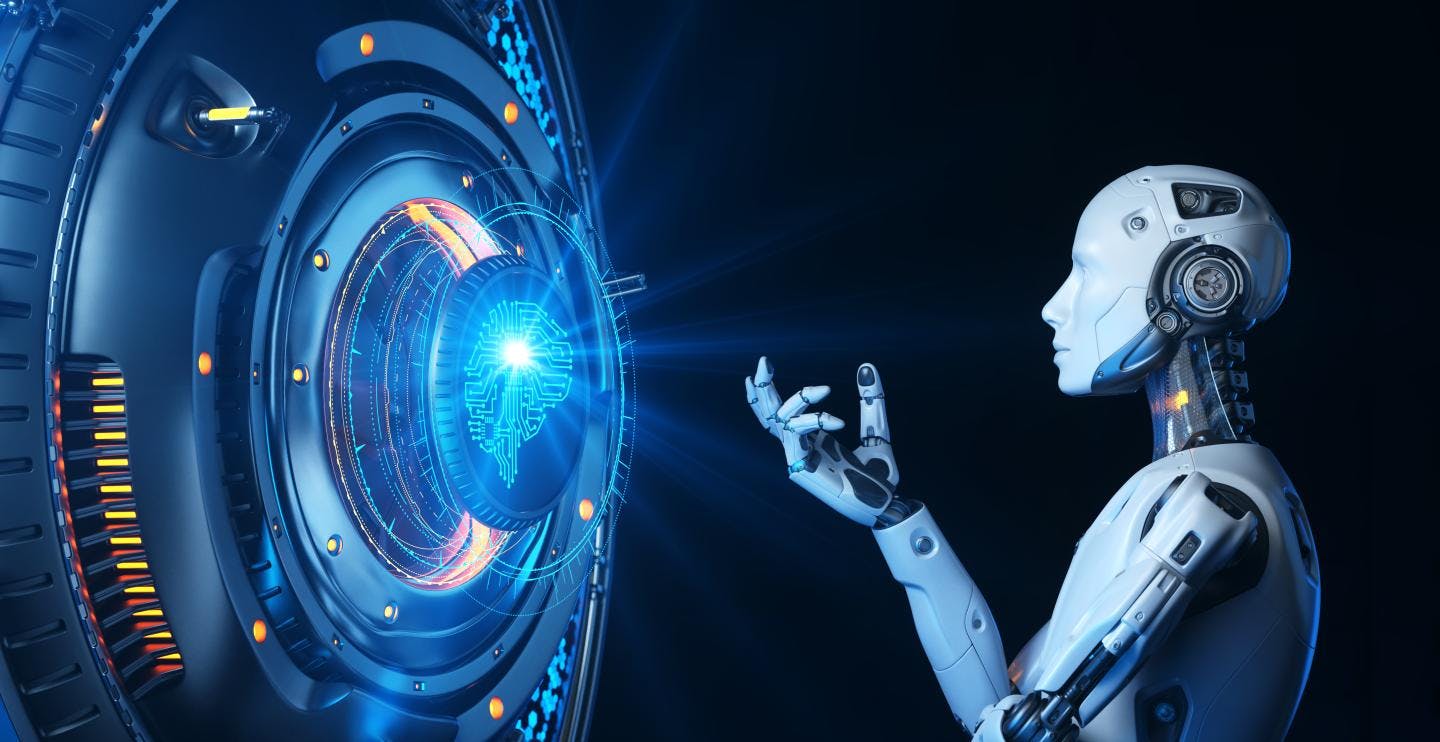
AI and Robotics
AI and robotics are closely related fields. Robotics is the science of building and programming robots. AI is the technology that enables robots to think and act like humans. AI can be used to process large amounts of data and make decisions based on that data. Robots powered by AI can be used in a variety of applications, from manufacturing to healthcare. For example, AI powered robots can be used to automate manufacturing processes, detect and repair faulty equipment, and even assist in surgery.
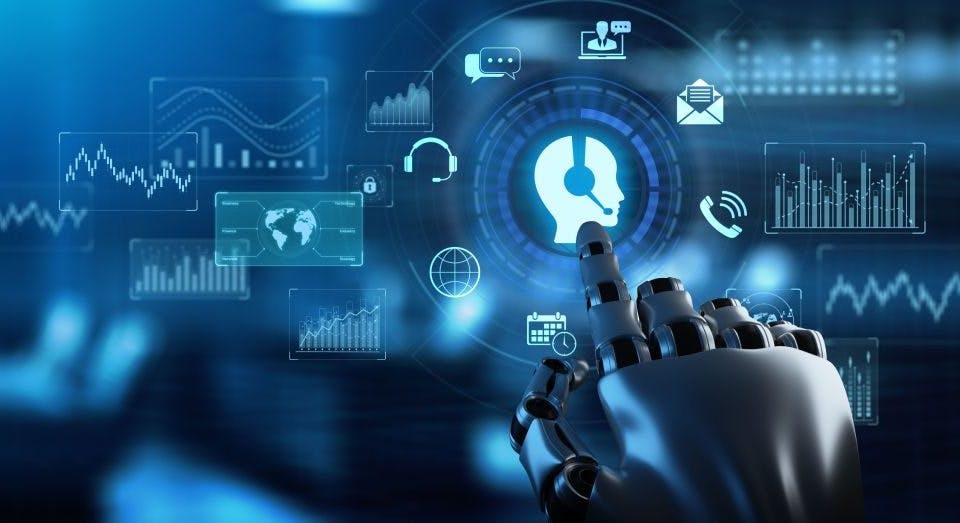
AI and Automation
AI and automation are closely related fields. Automation is the process of using computers to automate tasks that would otherwise be done manually. AI is the technology that enables automation. AI algorithms can be used to identify patterns in data and make decisions based on that data. This can help automate tedious and repetitive tasks, such as customer service inquiries. AI-powered automation can also be used to optimize processes and identify areas for improvement. For example, AI can be used to identify bottlenecks in a manufacturing process and suggest ways to improve efficiency.
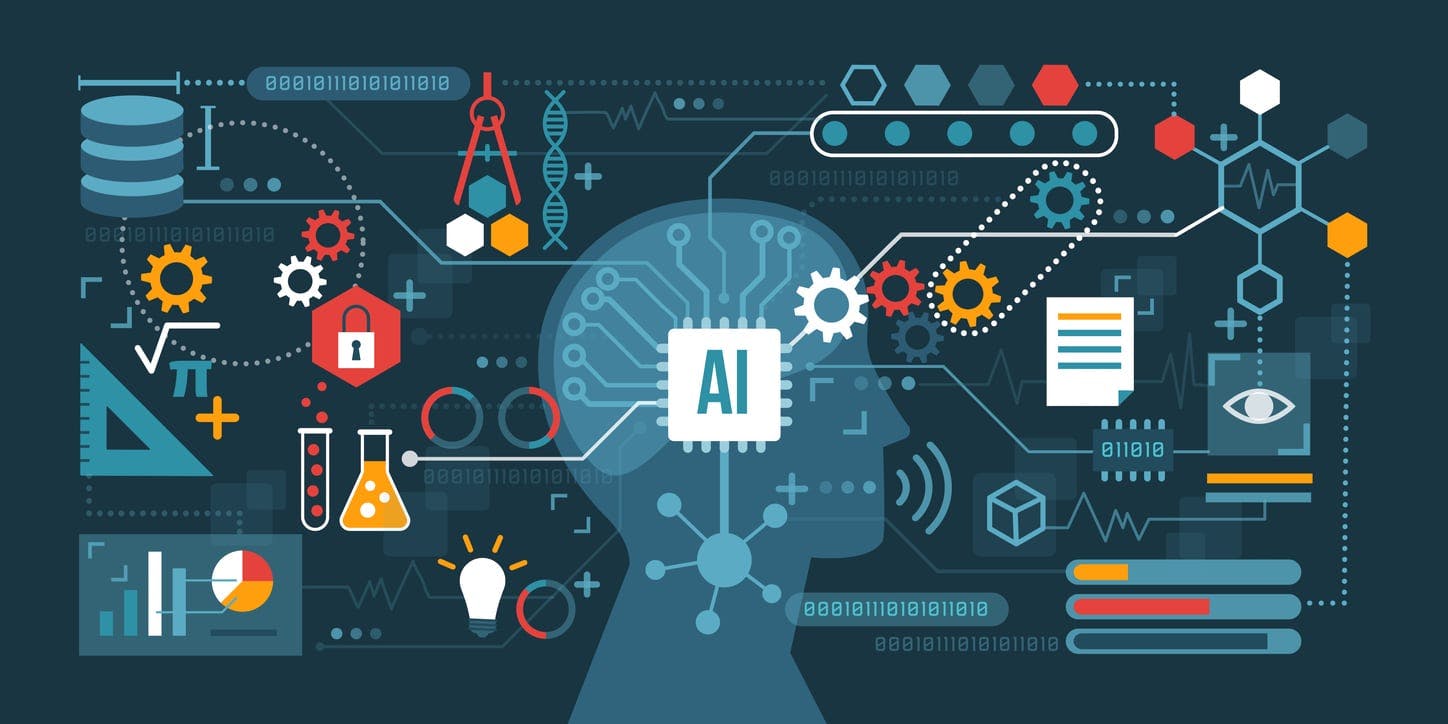
Challenges of AI
While AI has the potential to revolutionize many industries, it also presents some challenges. AI algorithms are only as accurate as the data they are trained on. If the data is biased, the algorithms may produce inaccurate results. AI algorithms must also be carefully monitored to ensure they are not making decisions based on incorrect or outdated data. AI also raises ethical considerations. As AI becomes more powerful, it is increasingly important to ensure that it is used ethically and responsibly. AI algorithms must be designed to protect privacy and prevent bias. Preparing for AI’s Impact As AI continues to develop and become more prevalent, it is important to prepare for its impact. Businesses should consider how AI can be used to improve efficiency and optimize processes. It is also important to consider the ethical implications of AI and ensure that AI algorithms are designed to protect privacy and prevent bias. Finally, businesses should develop strategies to ensure that employees are prepared for the impact of AI. Employees should be trained on how to use AI tools and be aware of the ethical considerations of AI.
AI Ethical Considerations
As AI continues to become more powerful, it is important to consider the ethical implications of AI. AI algorithms must be designed to protect privacy and prevent bias. It is also important to ensure that AI is used responsibly and ethically. AI algorithms must also be carefully monitored to ensure they are not making decisions based on incorrect or outdated data. Finally, AI algorithms should be designed to be transparent and explainable. This will help ensure that AI is used responsibly and ethically.
Conclusion
Artificial intelligence (AI) is becoming a big part of our lives, particularly in the workplace, it's important to understand how we can integrate this technology into our daily lives to make us more productive and efficient. We hope you've enjoyed this blog about how Al will transform our future! We'd love to hear your thoughts on how Al will impact our lives, please leave a comment below. If you have any questions, we'd also love to hear from you! You can contact us anytime at nikhilcodingblogs@gmail.com
